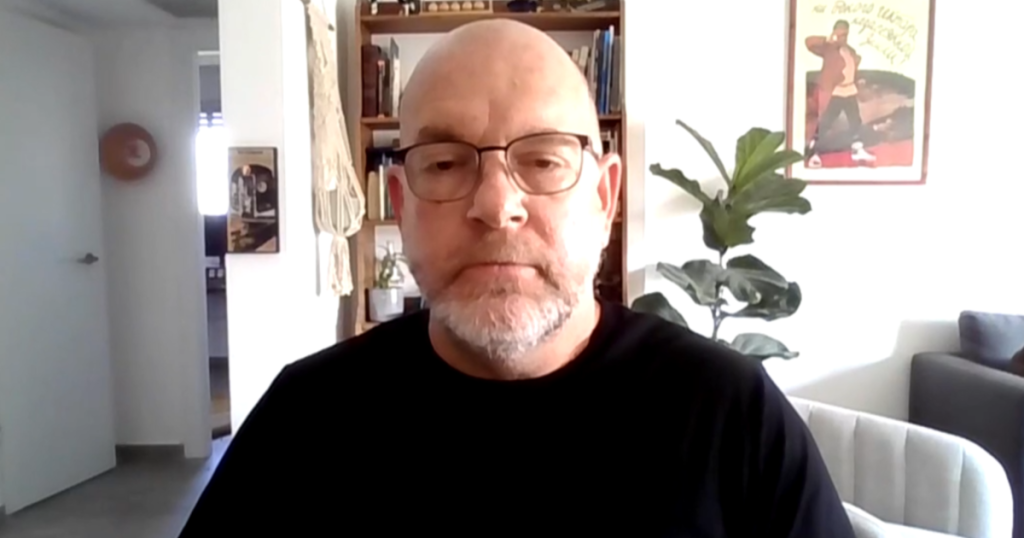After the Israeli military recovered the bodies of six hostages held by Hamas in Gaza, Jonathan Dekel-Chen, father of a hostage still in captivity, criticized Prime Minister Benjamin Netanyahu for his handling of cease-fire negotiations. Dekel-Chen believes that the government is prioritizing personal political interests over the freedom of remaining hostages. He called for an end to the ongoing war and completion of negotiations to bring the hostages home. Despite acknowledging the challenges in negotiations with Hamas, Dekel-Chen and many Israelis have been critical of the government’s approach.
The bodies of six hostages, including Israeli-American Hersh Goldberg-Polin, were found in Gaza, while eight American citizens are believed to still be held captive. Dekel-Chen’s son, Sagui, remains in captivity with little information on his condition other than an indication that he was alive as of late November or early December. The hostages were initially taken by Hamas terrorists during an invasion of southern Israel that resulted in over 1,000 deaths and the kidnapping of 250 individuals. Around 100 hostages, mostly women and children, were released in November as part of a cease-fire deal.
While some hostages were released earlier in the conflict, few have been freed since then. The recent discovery of bodies and lack of progress in negotiations have led to frustration among hostage families, who called for a mass protest demanding a cease-fire and the hostages’ release. Netanyahu has continued to push ahead with the war effort, seeking to eliminate Hamas entirely. Critics like Dekel-Chen believe that Netanyahu’s actions are driven by a desire to retain power and achieve total victory over Hamas, rather than prioritizing the well-being of the hostages.
Hamas has offered to release the hostages in exchange for an end to the war, the withdrawal of Israeli forces from Gaza, and the release of more Palestinian prisoners. Netanyahu has accused Hamas of stalling negotiations and holding hostages for ransom, vowing to hold the group accountable for the deaths of the prisoners. The conflict has resulted in a high number of casualties on both sides, with the Palestinian Health Ministry reporting over 40,000 deaths. Despite international pressure and calls for a cease-fire, the situation remains tense, with both sides unwilling to compromise on their demands.
The ongoing conflict between Israel and Hamas has deeply affected both populations, leading to a humanitarian crisis in the Gaza Strip where many civilians have been displaced or killed. The lack of progress in negotiations and the discovery of bodies of hostages have added to the urgency of resolving the conflict and bringing an end to the violence. Both sides are entrenched in their positions, with Netanyahu focusing on eradicating Hamas and the militant group seeking to secure the release of prisoners and an end to the war. The situation remains precarious, with no clear path to a peaceful resolution in sight.














